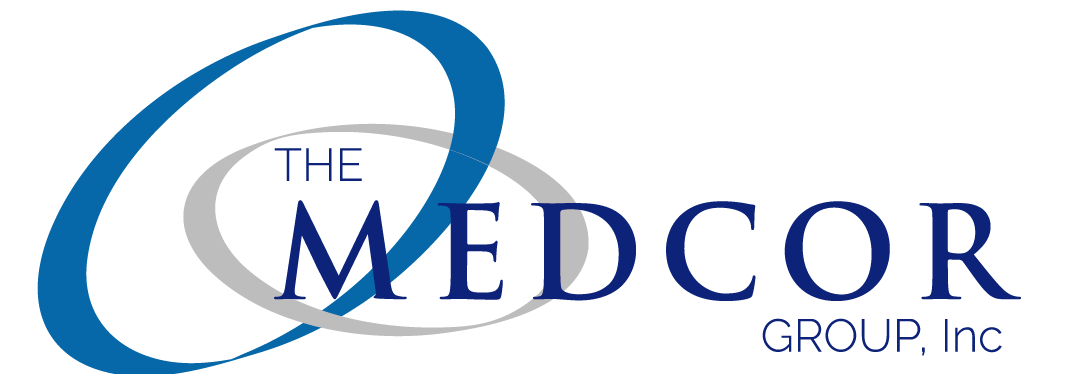We’ve identified four stages of AR maturity based on analysis of a wide spectrum of companies and their consistent ability to deliver on collections. The four stages are based on AR comprehensiveness of processes, documentation, service outcomes, customer engagement, information management, performance and partner management.
AR Maturity Stages:
- Stage 1 – Rudimentary
- Stage 2 – Emerging
- Stage 3 – Defined
- Stage 4 – Optimized

Four Stages of Accounts Receivable Maturity
Stage 1 – Rudimentary
Companies, especially in the 3-15 employee category, have no formal SOP’s and documentation of the processes is weak; Traceability of issues and deniability association is unavailable. Capacity planning is either reactive or weak, and denial management is completely reactive. Service provider relationships are merely transactional in nature, price being the key order winner. Revenue cycle performance metrics are far and few, and reporting is very rudimentary. They experience revenue leakage due to poor coding practices and manual errors. Companies at this stage also experience revenue losses due to not filing within the SLA defined time limits and other deviations.
Stage 2 – Emerging
Companies have made investments in organization, process and measurements. Basic documentation and SOPs exist, some key performance metrics are identified at this stage. AR processes are largely reactive to the client requirements. No knowledge management initiatives exist to codify and formalize root causes of denials. At this stage, companies are cognizant of possible leakage areas, but have not devised comprehensive mitigation plans. SOPs, though documented only focus on the required domain knowledge but fail to cover the system specifics. Employee attrition impacts the revenue due to poor repository practices.
Stage 3 – Defined
With broader appreciation of the business and formalization of practices, companies mature to stage 3. Companies build client relationships on the basis of their delivery value and cost advantages. At this stage, companies have made significant investments in data capture and consolidation to drive planning and control of leakages and cost of delivery. AR management is proactive and follows well defined methodology. At this stage, the SOPs are broader and richer encompassing not just the domain knowledge but also system level. At this stage, companies use data analysis to identify causes of revenue leakages and would have put in place fairly effective controls to arrest the leakage. Coding and billing process are system defined, devoid of human intervention and not prone to manual errors.
Stage 4 – Optimized
Companies have strategically evolved revenue assurance partners. Their delivery and client relationships are platform based versus driven by individual people. At this stage, companies are able to closely track cost to collect and monitor revenue to claim management performance ratios. Companies are not just serving the client requirements, but influencing the health system’s business transformation. AR is managed on a predictive mode with data and intelligence seamlessly flowing between various units. Companies achieve and sustain industry benchmark First Pass Acceptance (FPA) and Denial management metrics.
Table 1 shows parameters associated at various stages.

From an industry perspective, RCM maturity stages are closely related to the performance of the service provider supply chain. As shown in Figure 2, claim rejection rates, code compliance, denial overturn ratio and turnarounds are poor at stages 1 and 2. As the companies evolve to stage 3 and 4, investments in process, technology and people help them to realize improved performance metrics.

MEDCOR Revenue Services can help you optimize your AR. Optimized companies have a platform based service delivery approach with seamless integration across customer and partner management process that ensures all stakeholders are focused on customer success. The ability to leverage structured data through analytics gives these companies an edge in being proactive in denial management with the capability to adapt to changing reimbursement guidelines.

